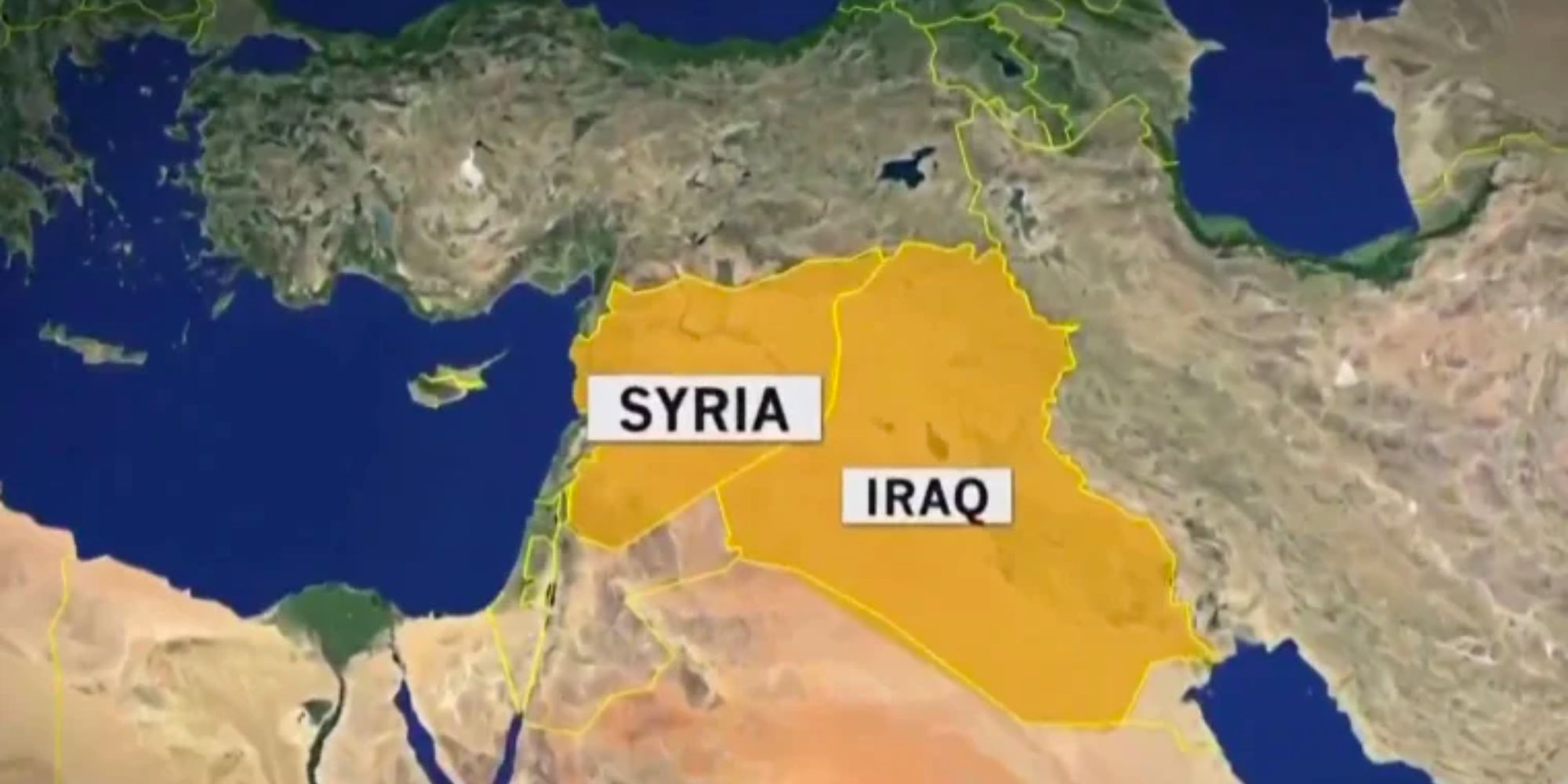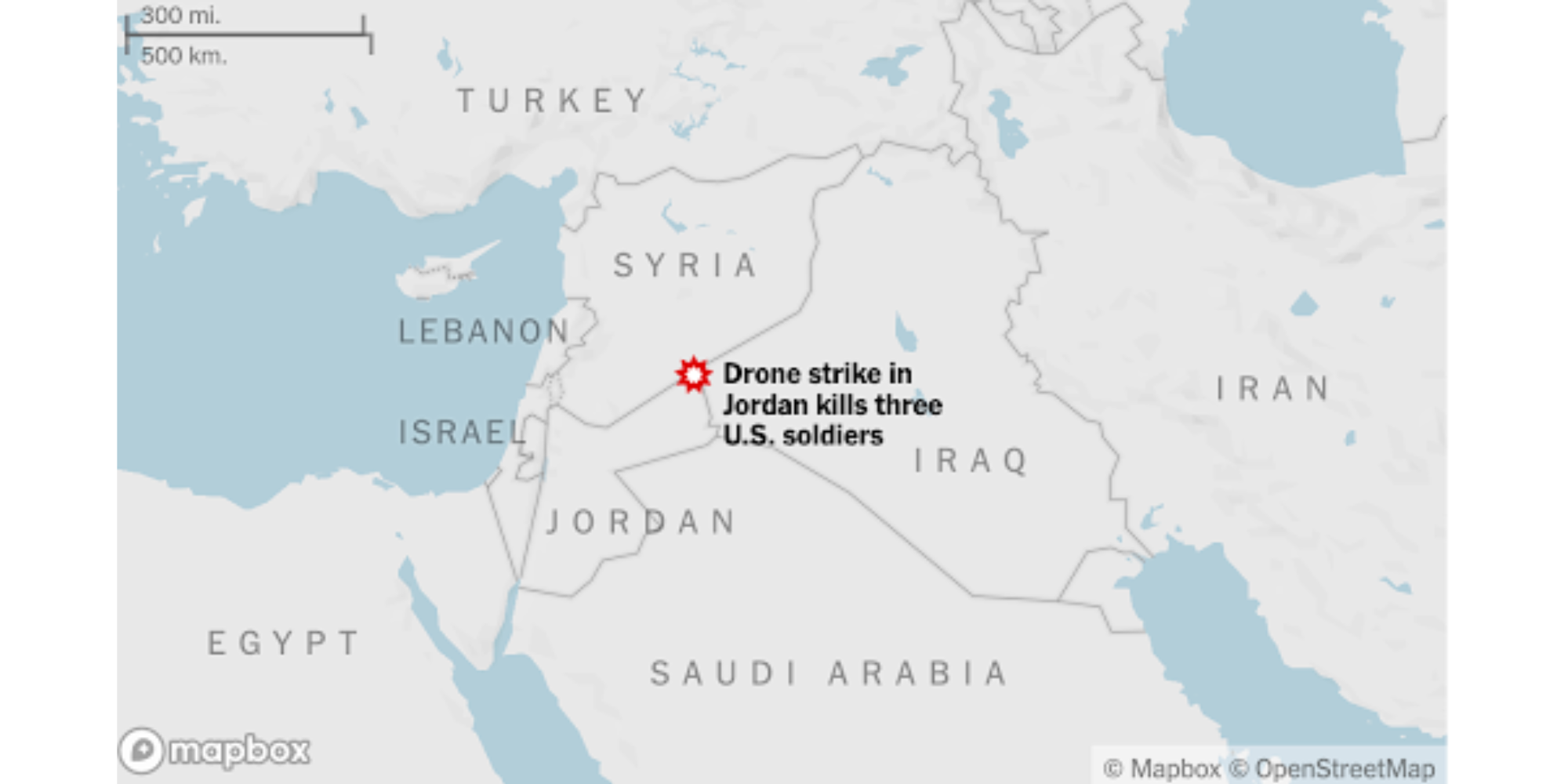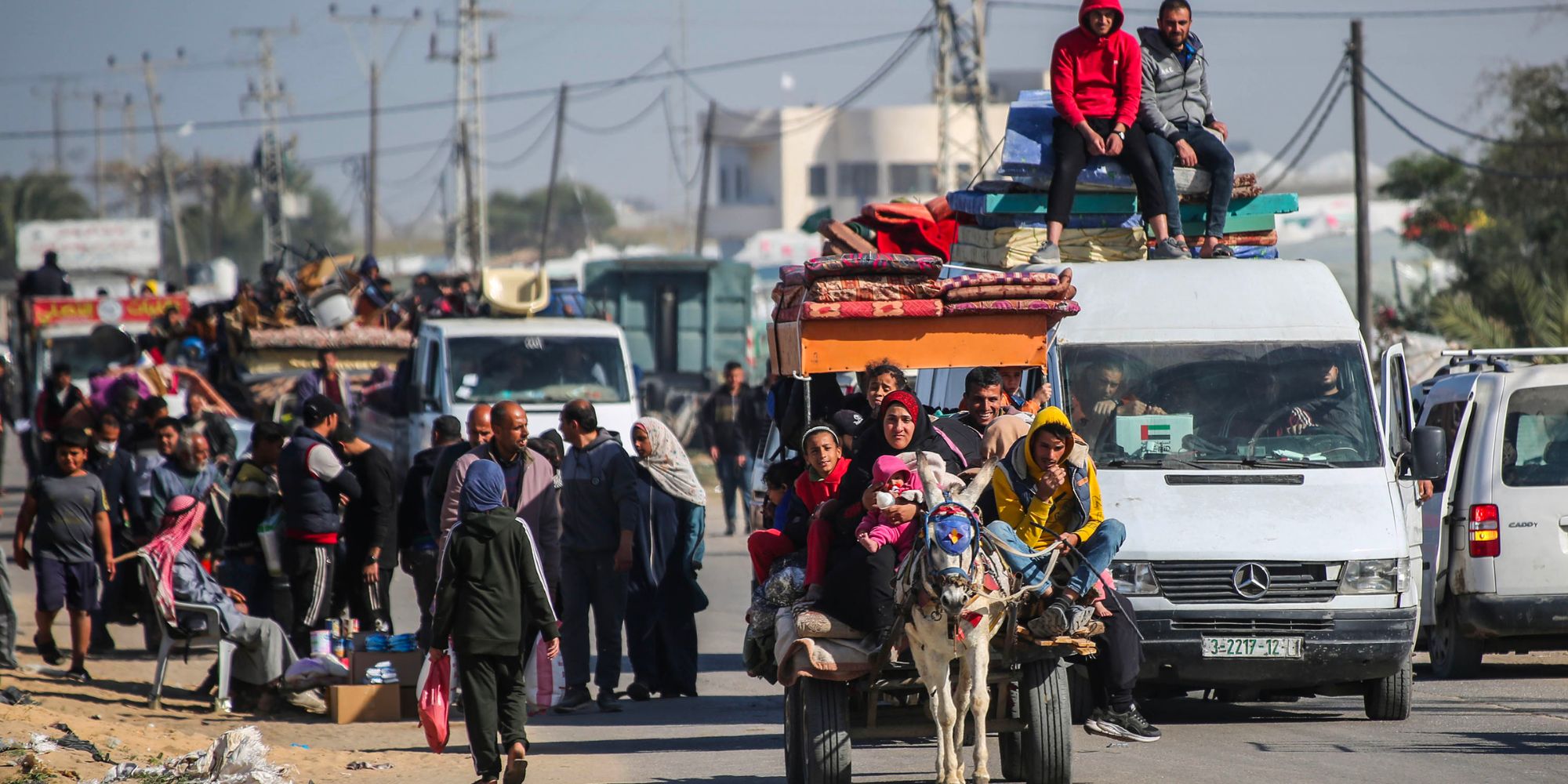Current as of 10:00AM EST, 12FEB24
RECENT UPDATES
Despite international criticism regarding Israel’s upcoming plans to enter the southern Gaza city of Rafah, Prime Minister Netanyahu directed his military to evacuate an estimated 1.3 million people in the city–many of whom say they have nowhere to escape. In response, President Biden stated Israel’s military conduct in Gaza has been “over the top,” and the Hamas run-television channel Al-Aqsa quoted a source stating Israel’s ground offensive would mean the end of hostage negotiations.
- Humanitarian Crisis: As the Israeli military prepares plans to enter Rafah, more than 85 percent of Gaza’s population is sheltering in the city and all nearby hospitals remain at full capacity, according to open source reporting. Approximately 95 aid trucks per day entered Gaza between October 10 and February 1, according to the Palestinian Red Crescent, down from 500 commercial and aid trucks a day before the war. Residents in northern Gaza state Israeli military operations are leaving “total destruction,” and according to the Palestinian Ministry of Health, at least 28,064 people have been killed in the Gaza Strip since the start of the war. Basri Saleh, the deputy minister of Gaza’s Ministry of Education, said at least 75 percent of Gaza’s higher education institutions are damaged, impacting more than 88,000 students.
- U.S. Support: On February 11, Biden and Netanyahu discussed a deal to secure the release of hostages in Gaza, and Biden expressed his concern over a ground offensive in Rafah. Also on February 11, the Senate voted to push forward an aid package which includes $14 billion for Israel and $9.2 billion for humanitarian assistance for civilians in Gaza and the West Bank. The bill’s future remains uncertain in the House, where a large majority of GOP lawmakers are against it.
- Military Operations: Israeli security forces said early February 12, they freed two hostages held in Rafah. Both male hostages are dual citizens of Israel and Argentina. According to an Israeli official, Netanyahu wants the Rafah operation completed before the start of Ramadan on March 10. Based on estimates from the Palestinian Health Ministry, at least 67 Palestinians were killed by Israeli attacks on February 12. Israel’s military officials claimed they killed three Hamas members in Rafah on February 10, while Palestinian police state Israeli airstrikes killed at least five officers in the city on February 11. On February 10, Israeli military officials alleged they discovered Hamas tunnels under the main headquarters of the UN Relief and Works Agency for Palestinian refugees in Gaza City. Israeli fighter jets also struck three Hezbollah military command centers in southern Lebanon, according to the Israeli Defense Forces. According to Al Jazeera, the Israeli military raided the town of Hajjah in the West Bank and reportedly killed a Palestinian in the town of Battir, west of Bethlehem.
- Regional Relations: Demonstrations continue in Tel Aviv, as protesters demand Netanyahu’s removal, new elections and the release of hostages. Eleven protesters were arrested over the weekend. Qatar, Saudi Arabia, Egypt, and the U.K. are among a growing list of countries to express concern over Israel’s military plans. Saudi Arabia’s foreign minister warned of “very serious repercussions of storming and targeting” Rafah, while the United Arab Emirates (UAE) warned the plan “exacerbates the humanitarian catastrophe in the Gaza Strip.” UN officials also said they are “extremely worried” about Israel’s plans, and Human Rights Watch said a mass evacuation of civilians from Rafah would have “catastrophic consequences.” During a visit to Lebanon on February 10, Iran’s foreign minister called for a political resolution to the war in Gaza. Meanwhile, U.S. Central Command officials said on February 10, U.S. forces conducted self-defense strikes against two unmanned surface vessels and three anti-ship cruise missiles north of Yemen’s Hodeidah. Lastly, on February 12, a court in the Netherlands ordered the government to halt the delivery of parts for F-35 fighter jets used by Israel in the Gaza Strip because there is a “clear risk” the parts the Netherlands are exporting are being used in “serious violations of international humanitarian law.”
- Protests: Protests continued in cities across the world over the past week. Thousands of protestersmarched in the U.K. and Morocco over the weekend; in Morocco, demonstrators demanded the end to their country’s ties to Israel, following large-scale protests which occurred in the fall. More than 60 anti-Israel demonstrators were arrested in New York City on February 8 during President Biden’s campaign stop in the city. On February 8, students in the U.K. held walkouts and protests demanding institutions withdraw support for companies such as BAE Systems, who are providing weapons and support to Israel. Last week, anti-Israel protests disruptedevents in the Missouri and Pennsylvania state houses, with several people arrested.
CYBER IMPLICATIONS
Hactivist groups and Iranian-aligned government actors are continuing to target Israel and NATO entities. On February 12, the hacking group Dark Storm Team vowed to unleash a wave of cyberattacks targeting the services and government websites of NATO countries, Israel, and nations providing support to Israel. Dark Storm Team is known for its sophisticated cyber warfare tactics and history of breaching high-security systems. According to a recently released report from Microsoft, Iranian actors have accelerated their attacks against Israel and its citizens, leveraging advanced technologies, including artificial intelligence (AI). This includes a case in December 2023 in which Iran interrupted streaming television services and replaced them with a fake news video featuring an apparent AI-generated news anchor. This operation reached audiences in the UAE, U.K., and Canada.
CONCENTRIC’S RECOMMENDATIONS
We continue to urge anyone with business interests in Israel and the surrounding regions to exercise extreme caution, and to consider postponing any upcoming travel. We also encourage travelers to avoid all demonstrations and maintain awareness of their surroundings in areas with protest activity. Travelers and businesses should also consider:
- Watching for updated U.S. Department of State worldwide travel advisories.
- Avoiding areas in and around Israel, Lebanon, Egypt, Saudi Arabia, Qatar, and other portions of the Gulf.
- Reaching out to Concentric’s experts for support. Concentric can provide:
- Emergency evacuation and secure transportation, and support from local partners;
- Active monitoring and intelligence support, including tailored risk and travel assessments;
- Tailored security consulting and executive protection agents;
- Cybersecurity and digital privacy protection.
If you are interested in a briefing with Concentric’s Chief Executive Officer Mike LeFever or a member of Concentric’s team on any of these topics, please do not hesitate to contact us.
Source of feature image: Axios.






